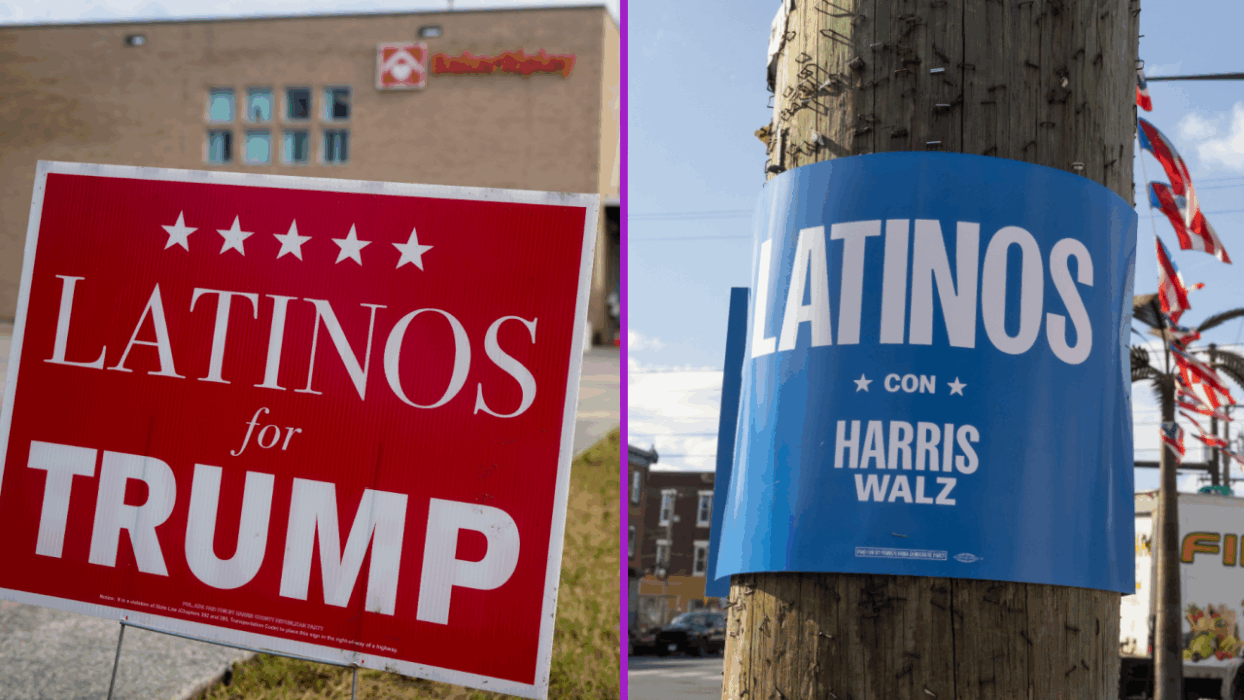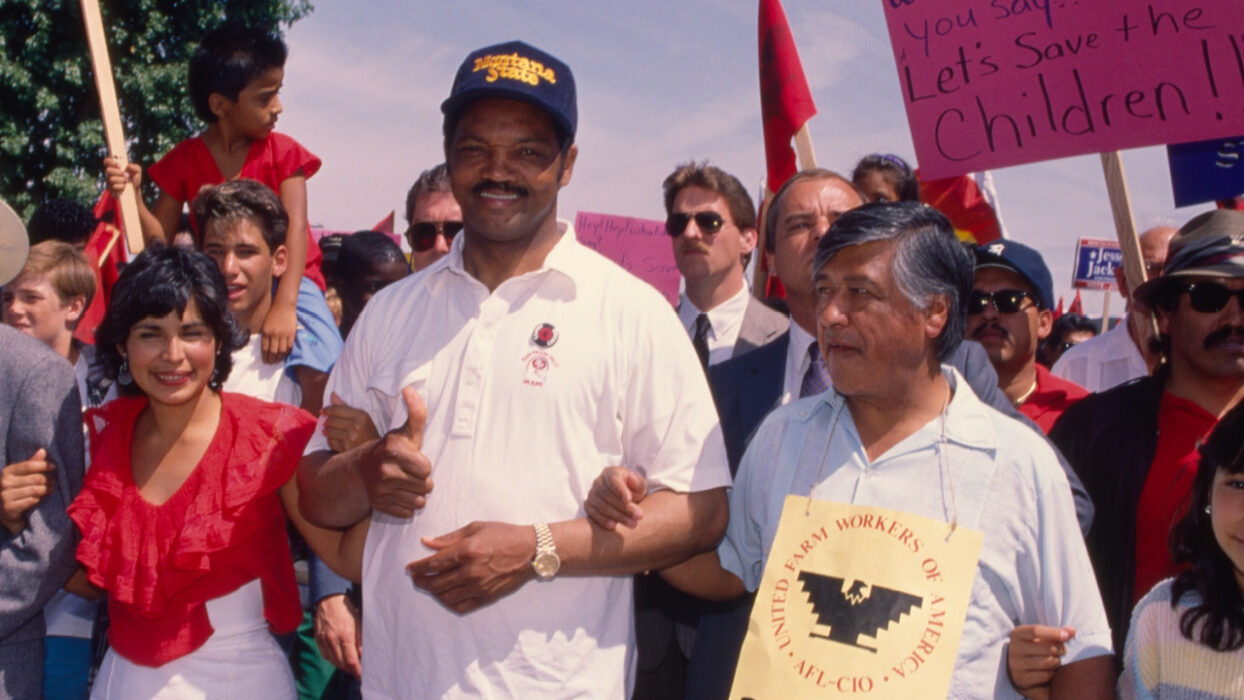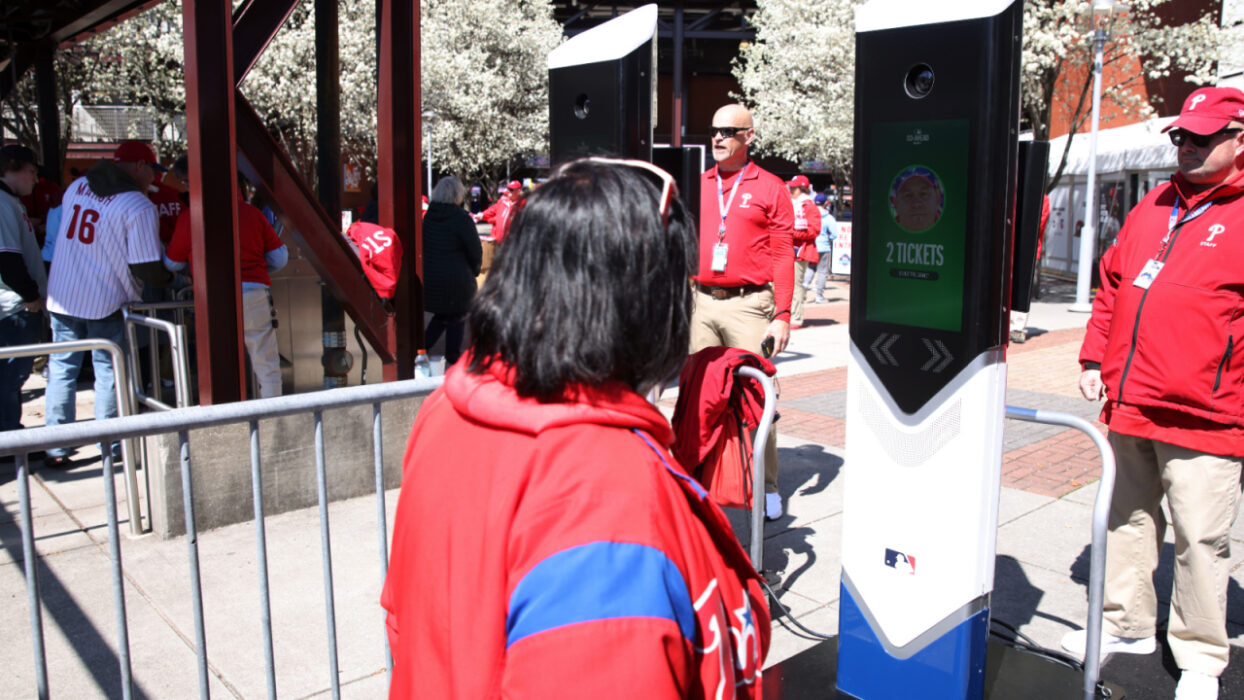
New Mexico’s Latinos Confront Painful Past with ‘Oppenheimer,’ Revealing Another Side of the Story
As the world eagerly awaits a sneak peek at Christopher Nolan’s film, “Oppenheimer,” a New Mexico community continues to be haunted by the legacy of the scientist the film portrays.
“Oppenheimer” explores the life of scientist J. Robert Oppenheimer and the secretive Manhattan Project for nuclear weapons research and development during World War II.
Nolan’s film coincides with the 78th anniversary of the Trinity Test, the first detonation of a nuclear weapon in history. The explosion occurred on July 16, 1945, in the Jornada del Muerto desert near Alamogordo, New Mexico.

Witnesses as far away from the detonation site as Albuquerque and El Paso were stunned by the colossal fireball and mushroom cloud that painted the sky. However, beyond the shocking image that could be seen 160 miles away, the true extent of the detonation remained hidden. This was especially true for the local population, including ranchers who resided just 13 miles from the Trinity Test site.
It was not until the devastating atomic bombings of Hiroshima and Nagasaki that the public began to understand the consequences.
The problem of silence and lack of information
Thousands of individuals called the region around the Trinity Test Site home. These communities, composed primarily of Native Americans and Latinos, were unaware of the potential dangers looming over them.
The secrecy surrounding the Manhattan Project and the government’s deliberate omission of critical information left the people now known as “downwinders,” victims of the lasting effects of the radioactive fallout.
The lack of warning or evacuation measures during the preparations and execution of the test further underscores the negligence these communities faced.
The detonation site remained closed until 1953 due to its high radioactivity. In 1975, it was designated a National Historic Landmark; today, the site allows access to visitors twice a year.
The situation was very difficult for Native Americans and Latinos
The aftermath of the Trinity Trials inflicted severe and lasting consequences, particularly on area residents.
The high rates of cancer and radiation-related illnesses that plagued these communities were undeniable.
In the predominantly Latino populations, there was a marked increase in several types of cancer, including leukemia, thyroid, and lung cancer.
The stories of countless radiation victims and their families are poignant reminders of the silent struggles endured due to government neglect and lack of recognition.
One of the voices within the Downwinders community is Tina Cordova, cancer survivor and founder of the Tularosa Basin Downwinders Consortium (TBDC).
Cordova, a Latina who has witnessed firsthand the devastating impacts of the Trinity Test, has been at the forefront of advocacy efforts. She shared her family’s story and the frustration of the affected community in the documentary “Downwind.”
A very personal grief
“My dad died after having three different cancers that he didn’t have risk factors for. After my father passed away, my dad’s oldest brother called me up and told me about their life when they were kids,” Cordova said. “He said that my father used to drink a lot of cow’s milk. They would go in search of cow’s milk for my dad on a daily basis. According to my uncle, my father didn’t drink glasses of milk; he drank gallons. Since my grandmother didn’t have a cow, they would get milk from local dairies.”
Today, Cordova is an activist “seeking justice for the unknowing, unwilling, and uncompensated, innocent victims of the July 16, 1945, Trinity Test in south-central New Mexico.”
‘Oppenheimer’ tells only one side of the story
For the victims of the Manhattan Project and the Trinity Test, that the film “Oppenheimer” ignores their plight comes as no surprise.
“They’ll never reflect on the fact that New Mexicans gave their lives. They did the dirtiest of jobs. They invaded our lives and our lands, and then they left,” Cordova told the Los Angeles Times. “When they came here to develop the Manhattan Project, they invaded our lands and our lives, and they treated us like collateral damage. When they came here to make the movie, they took advantage of our tax incentives. They invaded our lands in our lives, and they walked away.”
However, the community of downwinders in the Tularosa Basin is convinced that the film will help their cause.
“Lots of people, for the first time ever, are going to consider this history. And when they do, they will find us,” Cordova said.




